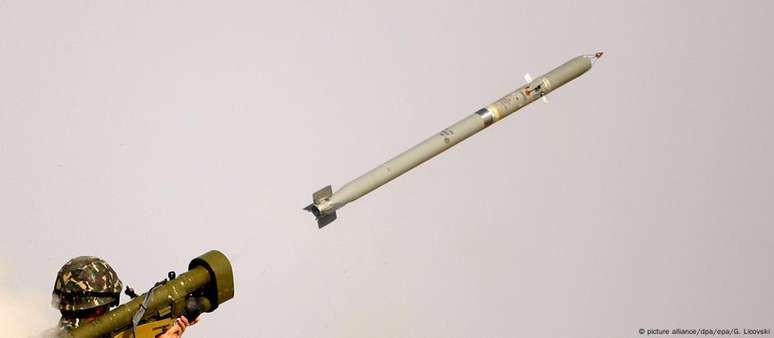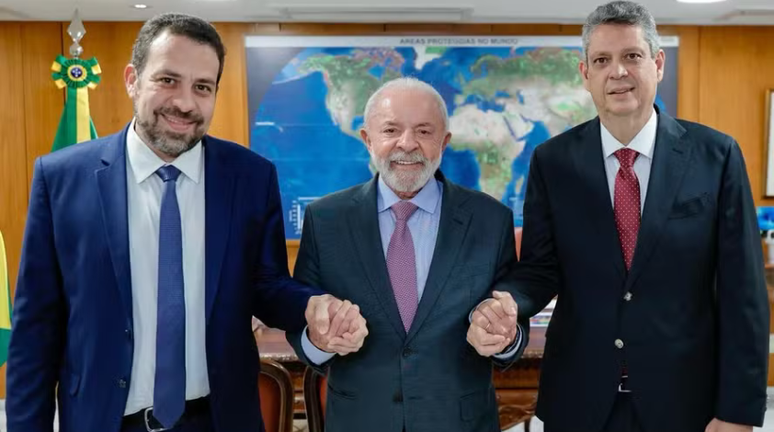The São Paulo Public Prosecutor’s Office filed a lawsuit with the Federal Court to hold 46 former repression agents accountable in civil matters for their involvement in torture and the death or disappearance of political activists opposed to the military regime (1964-1985). According to the lawsuit, the defendants were linked to units of the São Paulo repression system, such as the DOI-Codi (Information Operations Detachment – Internal Defense Operations Center) of the former Second Army, the Department of Political and Social Order (Dops) and the Legal Medical Institute (IML).
The action (number 5023342-26.2024.4.03.6100) calls for compliance with the recommendations of the Inter-American Court of Human Rights and the National Truth Commission so that the Brazilian State promotes measures of reparation, preservation of memory and elucidation of the truth about the events that occurred during the dictatorship.
The defendants were investigated by the Federal Prosecutor’s Office which revealed their direct or indirect participation in acts of violence against 15 victims in the period known as the “Years of Lead”.
The civil liability claims are in addition to similar claims the Federal Attorney General’s Office filed in March against 42 former officers involved in violence against 19 other militants.
The declaration of responsibility would constitute the legal recognition that “the defendants took part in acts of kidnapping, torture, murder, forced disappearance and concealment of the true circumstances of the deaths of opponents of the dictatorship.”
The MPF demands that, from this point on, everyone be ordered to compensate for the damages that illegal practices have caused to society and the compensation that the State has already paid to the families of the victims, among other obligations. In the case of former agents who have already died, the heirs would be required to comply with any court order for financial compensation.
The episode that motivated the recommendations of the Inter-American Court of Human Rights, and which was also the subject of investigations by the National Truth Commission, refers to the death of Eduardo Collen Leite, known as Bacuri, in 1970, and the arrest of his partner, Denise Peres Crispim, who was pregnant and tortured.
The Prosecutor’s Office highlights, among the Court’s requests, that the Brazilian State adopt all necessary measures to identify and punish those responsible, taking into account especially the gender violence committed against Bacuri’s partner.
According to the act, Denise and other women would have been victims of a repressive apparatus that made the female condition an additional element to the atrocities.
“This cruel system has used the body, sexuality and motherhood as tools to intensify torture or even brutally exterminate some activists,” says prosecutor Ana Letícia Absy, author of the action.
For Ana Letícia, “it is essential to recognize the human rights violations committed against women during this period and ensure that these crimes are investigated and punished.”
“Justice for women in the past is essential to the consolidation of egalitarian democracy in the present,” she argues.
Among the victims of the repression were also Eduarda Crispim Leite (daughter of Eduardo and Denise, born in high-risk circumstances due to the torture suffered by her mother), Criméia Alice Schmidt de Almeida and Neide Alves dos Santos.
The other activists whose cases support the calls for action are Devanir José de Carvalho, Dorival Ferreira, João Carlos Schmidt de Almeida Grabois, Joaquim Câmara Ferreira, José Idésio Brianezi, José Guimarães, José Maximino de Andrade Netto, José Wilson Lessa Sabbag, Luiz Fogaça Balboni and Olavo Hanssen.
Defendants – Former Dops delegate Sérgio Paranhos Fleury and former DOI-Codi commander Carlos Alberto Brilhante Ustra are among the defendants in the MPF action. Both are already dead. The action also seeks accountability for 30 other members of the repression system and 14 former coroners and assistants of the IML – identified as “responsible for preparing reports that omitted signs of torture on the bodies of dead political activists.”
At the same time, demanding the civil liability of the former agents, the MPF demands that the Union and the State of São Paulo be obliged to carry out measures of reparation and historical conservation and to clarify the violations of rights committed between 1964 and 1985.
Federal and state governments would be responsible, among other measures, for creating memorial spaces (online and physical) that address the period and promoting educational modules for members of the armed forces and law enforcement agencies on gender equality.
No statute of limitations or amnesty – The Prosecutor’s Office stresses that the acts of torture were committed ‘in a context of systematic and widespread attack against the civilian population and, therefore, are considered crimes against humanity, for which neither statute of limitations nor amnesty applies, even in the civil sphere’.
The MPF emphasizes that “there is no statute of limitations for claims for compensation related to violations of the dictatorship, as understood by the Superior Court of Justice.”
“The Constitution also eliminates the statute of limitations for actions for compensation of public property, as it does for some claims,” the MPF says.
The imprescriptibility of acts of human rights violations has also been established in two convictions against Brazil at the Inter-American Court of Human Rights.
The decisions also prohibit the Judiciary from preventing trials based on the amnesty law (law no. 6.683/79), which, according to the Court, has no legal effect as it constitutes an instrument of self-indulgence for members of the repressive apparatus.
Source: Terra
Rose James is a Gossipify movie and series reviewer known for her in-depth analysis and unique perspective on the latest releases. With a background in film studies, she provides engaging and informative reviews, and keeps readers up to date with industry trends and emerging talents.






